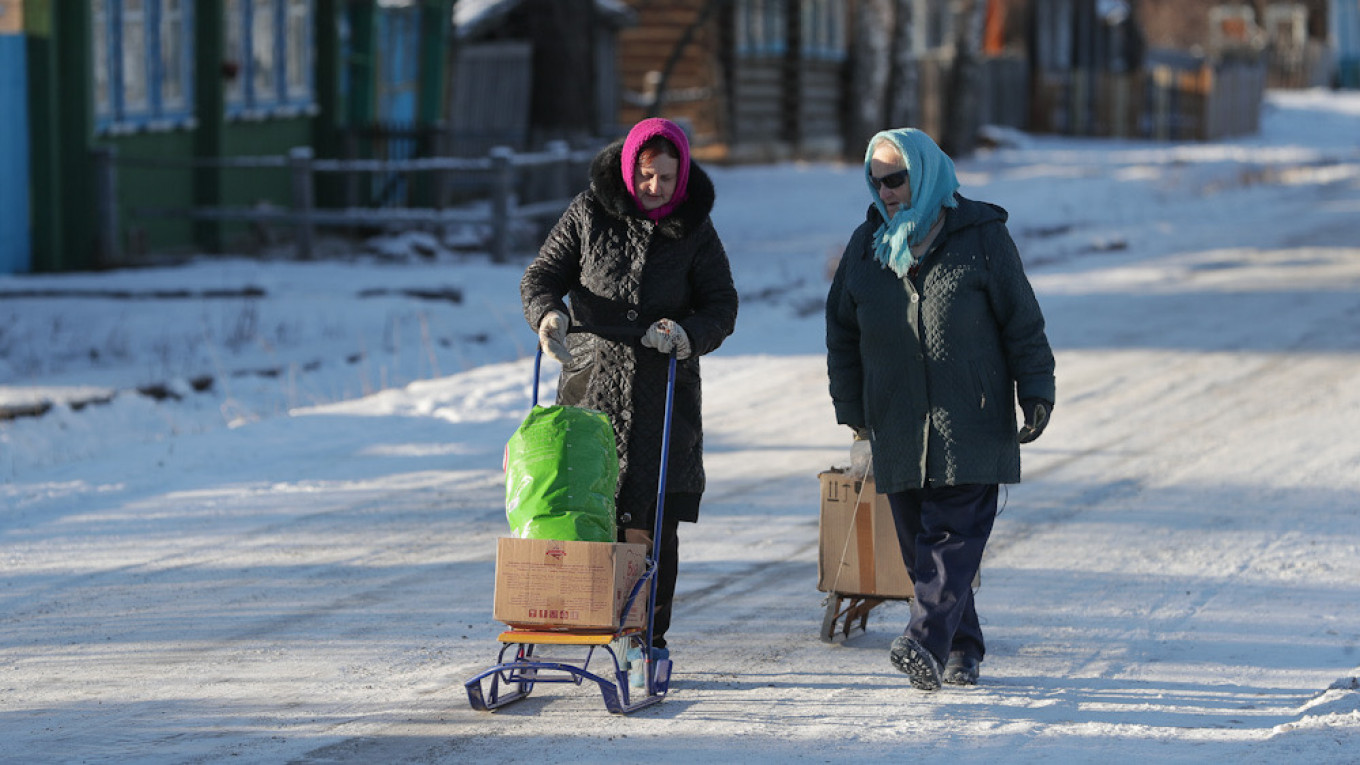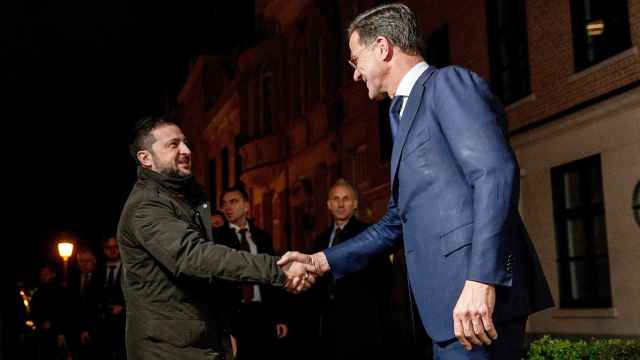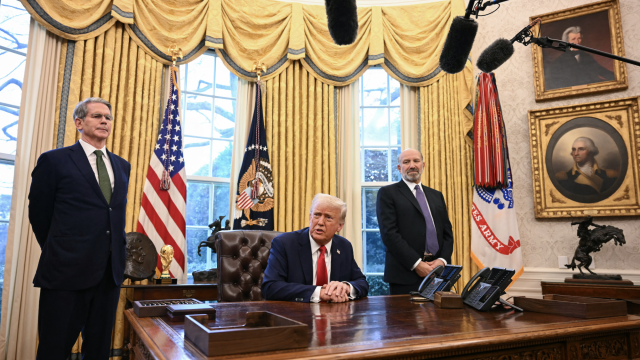Anyone following U.S. and Russian social networks in recent days might have had the impression that Russians were more upset by the recent siege of the Capitol building and the decision by Twitter and Co. to block Donald Trump than even the Americans themselves were.
Although CNN and the New York Times only sounded the alarm, popular and little-known bloggers on this side of the Atlantic absolutely went into hysterics.
Of course, many of the issues concerning this incident deserve deep and thoughtful discussion, such as, at what point should IT companies become accountable to society?
And, is there a difference between today’s Twitter and the telegraph and newspapers of 100 years ago? Here, however, I would like to focus not on the substance of the psychosis, but on its nature and origin.
Why did so many Russians go into a frenzy over the events in the U.S.?
To begin with, consider a popular Russian meme called “Barnaul, Altai Region.” In all of its iterations, the cartoon shows a young Russian woman voicing anxieties to her psychologist.
One day she’s worried about SJW, the next, BLM, and most recently, the Capitol siege. But whatever the problem, the psychologist always responds with the same words, “What the f—k do you care?! You live in Barnual!”
Then he grabs a megaphone and shouts it again for emphasis: “IN BARNAUL, THE ALTAI REGION!!!”
Now, you might not have heard of this Siberian city, but that’s the whole point. Barnaul is so far from the problems dominating Western headlines that it is absurd for someone living there to lose any sleep over them.
Rude as it is, the meme remains popular because it touches on a very real but unspoken, almost intuitive aspect of the Russian psyche.
I’ll explain.
The great majority of Russians have no say over the future of their cities or regions, much less the country as a whole. This is especially depressing for young people who have grown up during the 20 years of President Vladimir Putin’s rule, and who have never experienced anything else. After all, they are naturally overflowing with youthful energy. They would like to change the world around them and contribute to society in some small way.
But they can’t. Everything is off limits. They can either violate their own principles by going along with the abominable, soul-crushing system, or else buck that system and risk paying a very high price, up to and including prison time.
Of course, most young people avoid that extreme, teetering on the edge of open disobedience without crossing the line.
Once a young person realizes that the authorities block every path for positive change, they subconsciously switch to the path of least resistance.
Like water flowing around a rock in its way, young Russians who find that they cannot change the fundamental picture shift their focus to concerns of secondary importance.
If you can’t raise the standard of living for the elderly in your economically depressed region, stop the police from torturing people or prevent the authorities from “calling in” verdicts to the courts, you can at least become a vegan activist or radical feminist and oppose the use of animal fur.
Don’t get me wrong — these are all worthwhile causes.
But in today’s Russia, they represent a form of escapism. A “fur fighter” poses no threat to Putin’s regime and comes off as more comical than menacing. Kremlin leaders simply laugh at them, saying, “Let them have their fun.”
The same is true of Russia’s homegrown BLM activists and surprisingly numerous Trump supporters. In fact, the whole lot of them is even more harmless than the activists are because they do nothing but sit on their couches and argue with each other online.
It is a pastime along the lines of watching football, Game of Thrones and reality TV. It is fun and brings the occasional rush of adrenaline during particularly intense arguments.
And so, the days and weeks pass with everyone arguing. Some are on the left, others on the right. One is a feminist, another an anti-feminist. This one is a tree hugger while that one ridicules environmentalists. But outside their windows is the same old Russia, ruled by the same old Vladimir Putin.
A Message from The Moscow Times:
Dear readers,
We are facing unprecedented challenges. Russia's Prosecutor General's Office has designated The Moscow Times as an "undesirable" organization, criminalizing our work and putting our staff at risk of prosecution. This follows our earlier unjust labeling as a "foreign agent."
These actions are direct attempts to silence independent journalism in Russia. The authorities claim our work "discredits the decisions of the Russian leadership." We see things differently: we strive to provide accurate, unbiased reporting on Russia.
We, the journalists of The Moscow Times, refuse to be silenced. But to continue our work, we need your help.
Your support, no matter how small, makes a world of difference. If you can, please support us monthly starting from just $2. It's quick to set up, and every contribution makes a significant impact.
By supporting The Moscow Times, you're defending open, independent journalism in the face of repression. Thank you for standing with us.
Remind me later.








